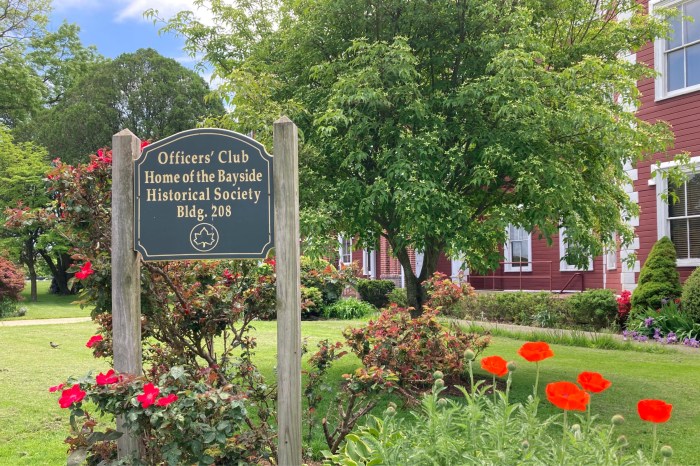The Conflicts of Interest Board is the independent agency meant to interpret and enforce the city’s ethics regulations.
The Twitter handle, jokes Alex Kipp, director of the board’s training and education, tries “to put a human face on this nightmarish bureaucracy” — with entertaining but educational tweets about what the board does and how city employees and officials can stay on the right side of ethics law.
The idea being that if the Twitter feed is interesting, more people will read it. And if they read it, they’ll be better able to avoid ethics scandals.
Staying on the right side of ethics guidance is a particularly hot topic at the moment, with multiple probes into fundraising and the perception of quid pro quo politics ongoing.
New York City and State’s continued problems with political ethics include investigations into the activities of a former member of Gov. Andrew Cuomo’s office and the fundraising efforts of those tied to Mayor Bill de Blasio, which began coming to light after a federal probe into potential bribes being paid to NYPD officials.
One of those fundraising efforts is for the de Blasio-backed Campaign for One New York, a now-shuttered non-profit created to support the mayor’s agenda, though it is not bound by campaign finance limits.
Donations to the group by real estate developers and companies with business before the city who later received access to the mayor have prompted allegations of an unseemly and possibly illegal pay-to-play mentality at City Hall.
The mayor has said that his team consulted with the Conflicts of Interest Board to make sure that everything they did was legal.
The board does not comment on the confidential advice it gives in specific cases, or the existence (or lack thereof) of ongoing investigations into potential wrongdoing. Its public advisories addressing fundraising for political nonprofits indicate that passive fundraising is allowed, as long as the givers don’t have business pending or about to be pending before the city and there is no expectation of access or benefits.
Careful parsing of the idea of business before the city, and the granting of access, is naturally the game here, and it may well be that all of these investigations find that the idea has been successfully parsed.
A picture of the precarious lines that the city officials routinely navigate could be seen at a class held by board trainers as part of the 22nd Annual Seminar on Ethics in City Government Tuesday.
To illustrate potential conflicts, attendees were split into Game of Thrones-themed groups, as pretend-staffers for candidates like Stan Barrathon (Commissioner of Department of Windows and Maintenance) and Jonny Snow (a non-managerial Pigeon Disburser at the Department of Pigeon Disbursement). Attendees then interpreted the relevant section of the city charter to happily point out the many pitfalls that the Westerosi candidates should have avoided: using official letterhead, having campaign employees work on city time, implying that your secretary would get a raise if he or she votes for you.
But a thornier issue arose over the question of political fundraising: Could a person running for comptroller really accept money from the executive director of an agency like the Bowery Residents’ Committee that does lots of business with the city through the Department of Homeless Services?
The answer? That director’s donation would be limited as per NYC campaign finance regulations. But the donation would be perfectly legal.
This is an example of the kind of head-scratching behavior allowed under even fairly strict ethics laws like the city’s, a necessity of a system where private donations are oh-so-mandatory to win elections.
Following the board’s helpful and well-intentioned guidance should keep you on the right side of the law. But does it prevent a system of pay-for-play governance or just limit it?
“Any other questions?” the trainer asked. “Let’s move on to Barrathon.
This is amExpress, the conversation starter for New Yorkers. Subscribe at amny.com/amexpress.

















